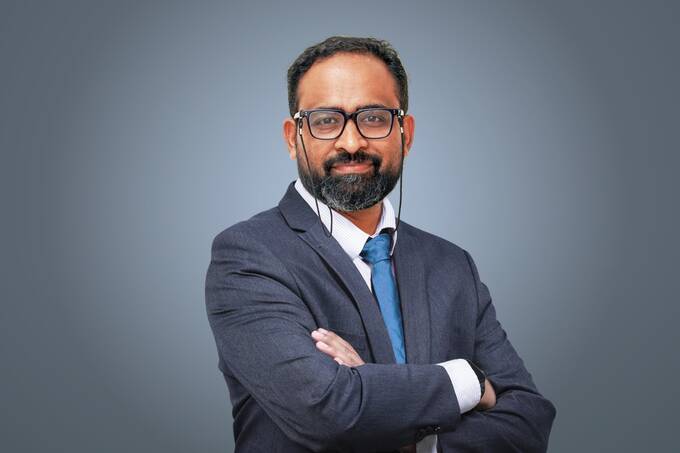

Heart disease remains a leading cause of mortality worldwide, with ageing being a significant risk factor. While lifestyle choices, genetics, and pre-existing conditions contribute to cardiovascular issues, advancing age exacerbates susceptibility due to structural and functional changes in the heart. However, cardiac surgery offers hope, catering to patients across all age groups, including the elderly.
As people age, their cardiovascular system undergoes natural wear and tear. The heart muscle may weaken, arteries can stiffen, and plaque buildup becomes more likely. These changes can lead to common conditions such as coronary artery disease, arrhythmias, and heart valve disorders. Elderly patients often face additional challenges due to comorbidities, making interventions complex but not impossible.
Modern cardiac surgery has evolved to accommodate the needs of ageing populations. Minimally invasive techniques, such as robotic-assisted surgery and transcatheter procedures, reduce surgical trauma, promote faster recovery, and minimize risks. For instance, hybrid aortic procedures, which combine open surgery with catheter-based techniques, offer a promising solution for older patients with aortic diseases, providing effective treatment while mitigating the risks associated with conventional open-heart surgery.
Innovations like 3D imaging, precision tools, and enhanced anaesthetic protocols ensure safer surgeries, even for patients in their 80s and 90s. Surgeons now consider factors beyond age, focusing on overall health, mobility, and the patient's ability to benefit from the procedure.
Treating heart disease in older adults demands a comprehensive approach. Geriatric cardiologists, cardiac surgeons, and rehabilitation specialists collaborate to create personalized care plans. Postoperative care emphasizes physical therapy, dietary management, and regular monitoring to optimize outcomes and improve quality of life.
While age should not be a barrier to life-saving surgery, challenges such as healthcare disparities and access to advanced treatments remain. Advocacy for equal access and early screening ensures timely interventions, giving patients of all ages a chance at better health.
Ageing increases the likelihood of heart disease, but age alone should not determine treatment options. Advances in cardiac surgery and a multidisciplinary approach make it possible to restore heart health and enhance life quality for patients at any stage of life. With ongoing innovations and equitable care, every patient can access the tools needed to fight heart disease effectively.

Dr Rinett Sebastian
Senior Consultant
Cardiothoracic & Vascular Surgery
Apollo Adlux Hospital, Angamaly